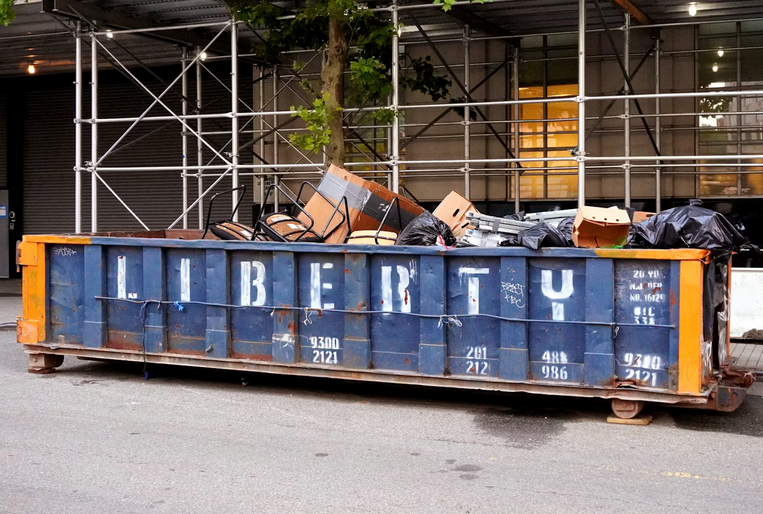
When tackling a home project, whether it’s a renovation, landscaping overhaul, or spring cleaning, one of the most effective solutions for managing waste is a dumpster rental. It might seem like a straightforward task, but many homeowners stumble into pitfalls that can lead to frustration and unexpected costs. Understanding how to navigate the dumpster rental process can make all the difference in keeping your project on track. Let’s explore some common mistakes people make when renting dumpsters and how you can avoid them for a smoother experience.
Mistake #1: Not Researching the Appropriate Dumpster Size

Choosing the right dumpster size can make or break your home project. Many people underestimate how much waste they’ll generate, leading to a last-minute scramble for an additional unit. A small dumpster might seem like it’s enough for that bathroom remodel or spring cleaning. However, once you start tossing out debris, reality sets in quickly. You may find yourself facing overflow and added costs. Conversely, renting too large of a dumpster could mean unnecessary expense. It’s crucial to strike a balance between cost efficiency and convenience.
Mistake #2: Neglecting to Check Local Regulations and Permits
When embarking on a home project that requires a dumpster, knowing your local regulations is crucial. Many areas have specific rules regarding where dumpsters can be placed and how long they can stay. Ignoring these guidelines can lead to fines or delayed projects. Permits are often necessary, especially if the dumpster will be located on public property or in a highly trafficked area. Failing to secure the right permits might not only halt your project but could also create legal headaches down the line.

Mistake #3: Overfilling or Improperly Loading the Dumpster
One of the most frequent pitfalls when renting a dumpster is overfilling or improperly loading it. It might seem like a good idea to cram in as much debris as possible, but this can lead to serious problems. When you fill a dumpster beyond its capacity, you’re risking safety hazards. An overloaded dumpster can tip over or spill debris onto the road, causing accidents and fines. Improper loading also poses challenges. If heavier items are placed on top of lighter ones, you could create an unstable load. This not only makes transportation dangerous but may result in additional fees if the rental company needs to address issues before collection.
Mistake #4: Not Considering Weight Restrictions and Additional Fees
Many people overlook weight restrictions when renting a dumpster. Each container has a specific capacity it can handle, and exceeding that limit can lead to unexpected challenges. When you pack your dumpster, consider the materials you’re disposing of. Heavy debris like concrete or dirt can quickly add up in weight. If you exceed the allowable weight limit, you’ll face additional fees often steep ones. These charges vary by company but can significantly increase your overall costs. It’s essential to ask about these fees upfront to avoid surprises at the end of your project.
Mistake #5: Forgetting to Plan for Debris Removal and Clean-up

When renting a dumpster, it’s easy to focus solely on what you’re tossing out. However, overlooking the debris removal and clean-up process can lead to frustration. Consider how you’ll access the dumpster during your project. Will it be placed in an area that allows for easy loading? Make sure there’s enough space around it for maneuvering materials in and out efficiently. After filling up the dumpster, remember that you still have a tidy-up task ahead of you. Sweep up any leftover debris that may fall nearby during your work. Leaving a mess behind not only disrupts your surroundings but may also violate local regulations.
Renting a dumpster for your home project can simplify the cleanup process and help you stay organized. However, making common mistakes along the way can turn a straightforward task into a frustrating experience. By taking the time to research appropriate sizes, understanding local regulations, and planning for weight restrictions, you set yourself up for success. It’s also crucial to load your dumpster correctly to avoid any extra fees or complications later on. Remember that proper planning doesn’t end when the dumpster is full; factoring in debris removal and clean-up will ensure everything goes smoothly from start to finish.
